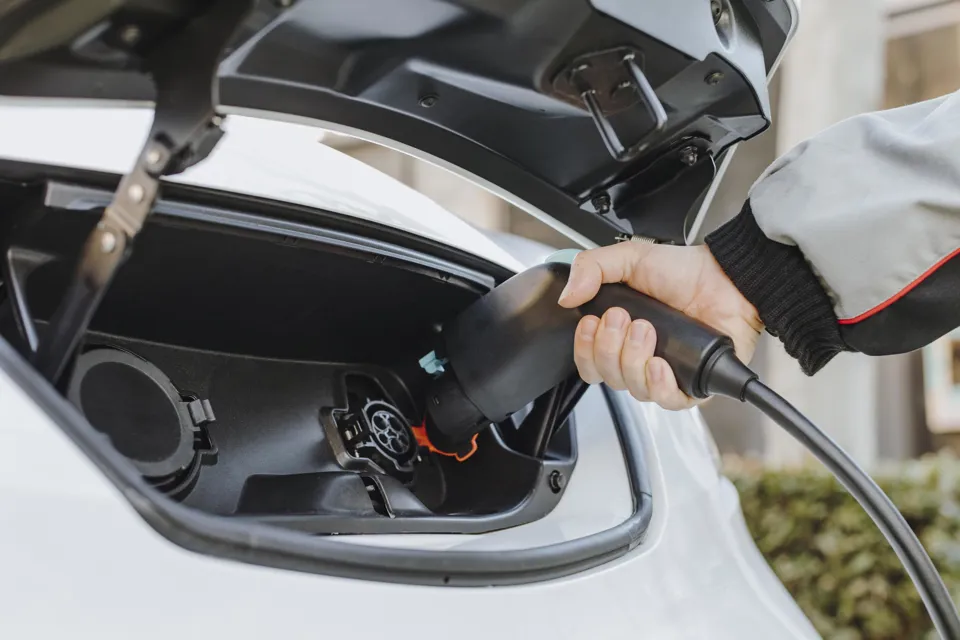The Government is being urged to respond to its own consultation on the weight classification of electric vans, launched in August, last year.
The National Franchised Dealers Association (NFDA) says that fully electric light commercial vehicles (e-LCVs) are not performing to expected volumes within the market.
BEV light commercial vehicle sales only made up 5.2% of the market in May’s registration figures from the Society of Motor Manufacturers and Traders (SMMT).
The NFDA’s commercial vehicles division has sent a letter to Government, outlining how a “lack of inertia” is holding back the adoption of electric vans and slowing market share growth.
It wants the Department for Transport (DfT) to provide a response to its own consultation on the weight classification of electric vans in the UK, which was published 10 months ago.
It is particularly concerned that heavier electric vans do not to fall into the O’Licence regulatory class.
Sue Robinson, chief executive of the National Franchised Dealers Association (NFDA) said: “There is an evident issue regarding the uptake of battery electric light commercial vehicles, which is an ever-pressing issue with the 2030 net-zero target approaching.
“The NFDA would like to see more support from the Government’s Department for Transport, including incentives for battery electric LCV consumers. We would further like DfT to address legislative issues that negatively affect their business usage.”
The intervention by the NFDA comes after the DfT told Fleet News that it has “no plans” to remove the concession allowing licence holders to drive an electric van up to 4.25 tonnes.
In 2018, UK law was changed so that the weight limit for Category B driving licence holders driving alternative-fuel vehicles (AFVs) could be increased from 3.5t to 4.25t. Such vehicles are also exempt from O licence rules.
At the time, with the UK a member of the EU, the change relied on a temporary derogation from the EU, which was issued by the European Commission in May 2018 for a period of five years, up to May 2023.
The DfT told Fleet News that the licence flexibility “remains in place” and the Government has “no plans" to remove this "flexibility for zero emission vehicles", as it continues to support the uptake of zero emission vans.
Like the NFDA, the Association of Fleet Professionals (AFP) has also highlighted how operational restrictions and uncertainties are creating issues for fleets adopting new 4.25 tonne electric vans.
As it is classed as an HGV, it needs an MOT test after 12 months and is also speed restricted, while tachograph regulations come into effect if the vehicle travels more than 100kms from base.
There are further layers of complication. For fleets operating in Northern Ireland, the 4.25 tonne exemptions stop at the border for those travelling from the north into the south and the vehicle needs to be covered by an international O licence.
























Login to comment
Comments
No comments have been made yet.